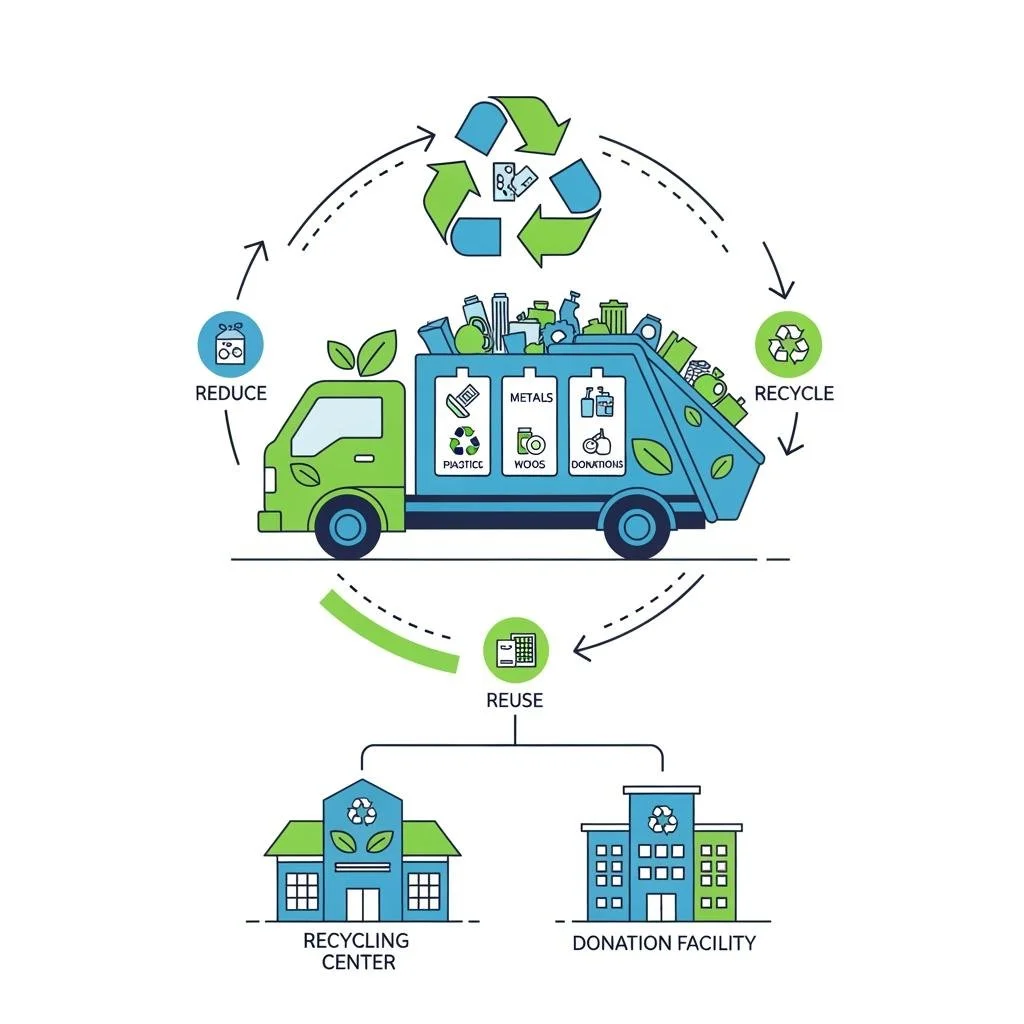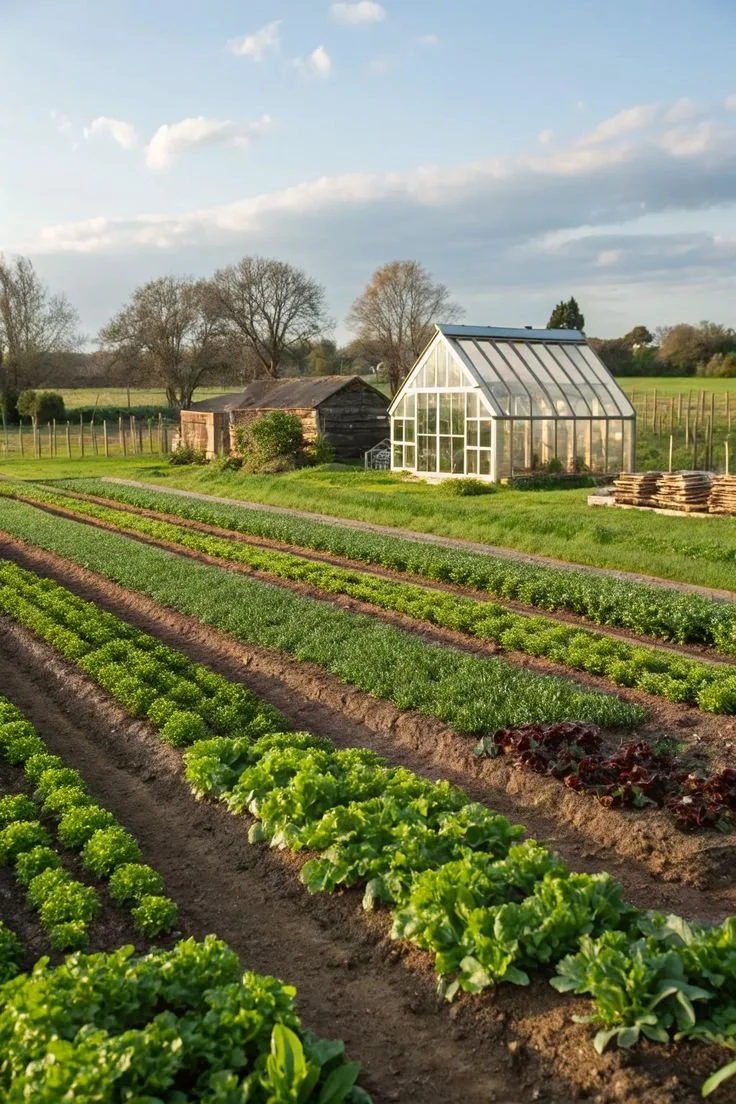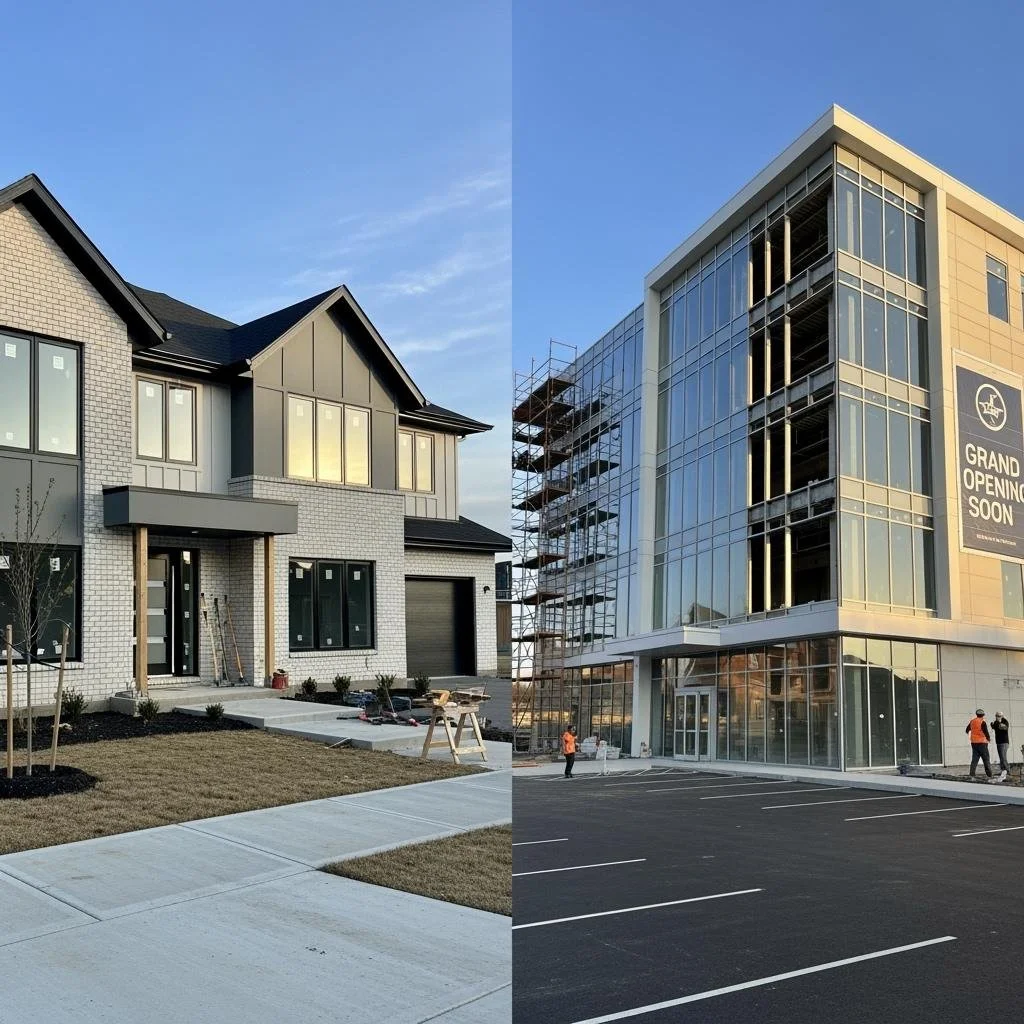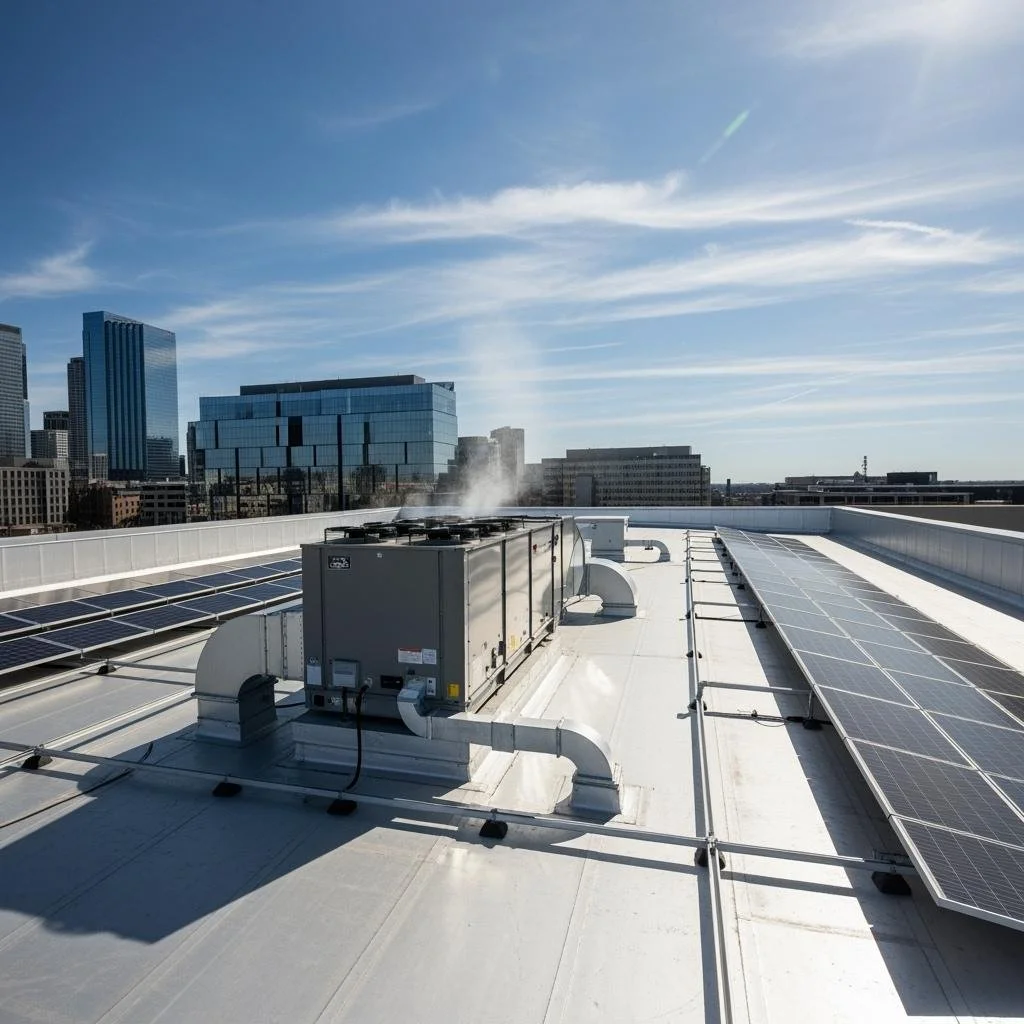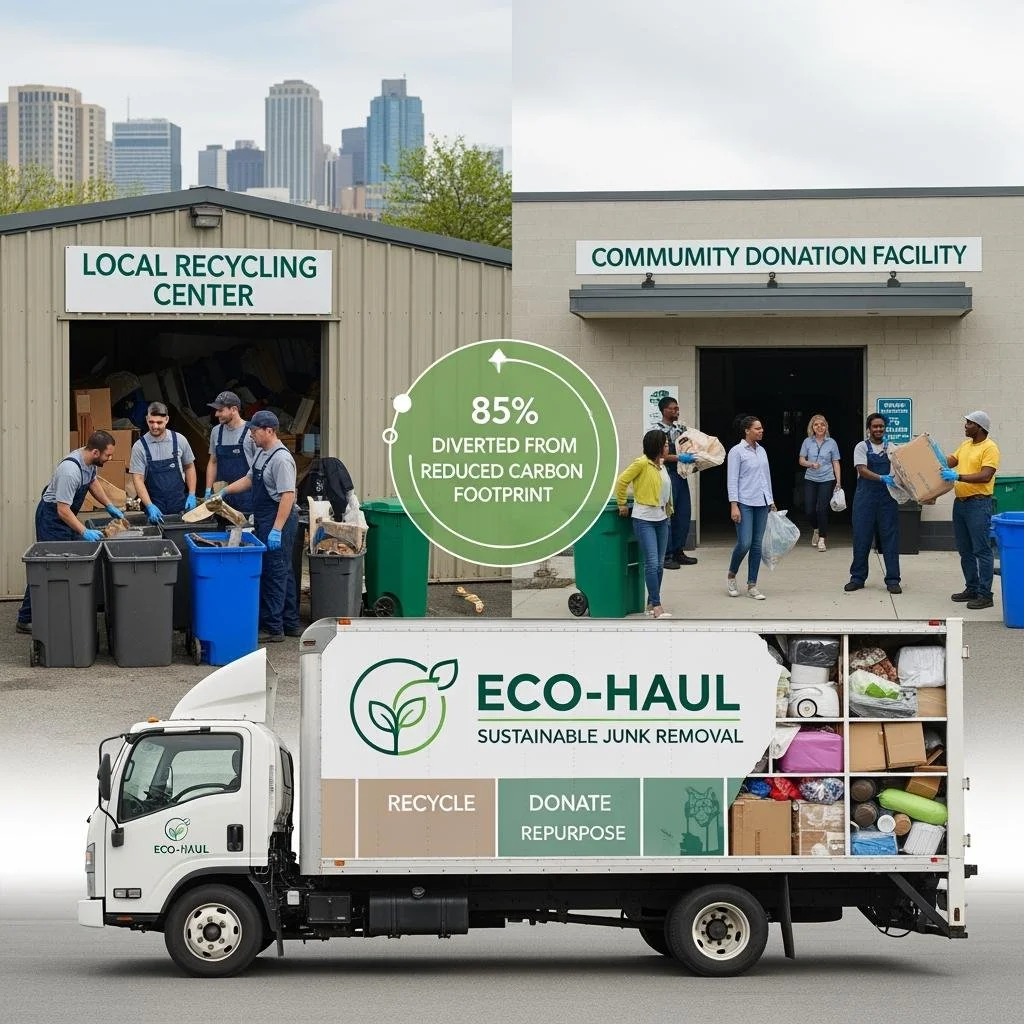Relocating can be one of the most transformative decisions you make in your life. It often brings a mix of excitement and uncertainty—offering the promise of new beginnings while also demanding careful planning and emotional readiness. Whether you're moving across the country or to a new continent, it's a decision that requires more than just logistics—it calls for clarity, intention, and alignment with your life’s bigger picture.
In this article, we’ll walk you through ten essential factors to consider before relocating. These insights are designed to help you evaluate your motivations, prepare for the practicalities, and ensure that your move supports your long-term goals. From understanding your life vision to managing moving costs, this guide will help you make a confident, informed decision about your next chapter.
No. 1
Your Life Goals
The very best place to start here is to make sure that you're considering your life goals. When it comes to any big decision in life, particularly with where you live or the idea of moving, you need to ensure that it fits in with what you actually want in life. So if you're not sure what it is that you want or what you're working towards, you need to get clear on this first before making any big decisions.
No. 2
The Lifestyle You Want
As a step on from that, you also need to think about the type of lifestyle that you want. This is closely related to the idea of your goals, but is also more focused on the idea of how you actually want to live. Relocating can really influence the way you live your life. So, you need to think about the way of life in the area that you're considering and whether that works with what you want.
No. 3
The Reason Behind the Move
Another thing for you to focus on here is the reason behind the move. This one sounds quite obvious, but it can be easy to forget about too. You need to make sure that it's for the right reasons. Now, a lot of the time we relocate for work, or it's because we're looking for a better quality of life. So you just need to make sure that the reason you want to move and why you're considering it really fits with what you're trying to do with your life. Ultimately, you need to decide if it's worth it.
The Container Store
Your ultimate destination for innovative storage and organization solutions for home or office—offering everything from stylish bins and shelves to custom closet systems.
No. 4
The Logistics of Moving
Relocation involves more than just packing boxes. The logistics can be complex and time-consuming, especially if you're moving long-distance or internationally. Consider hiring a reputable moving company, organizing your belongings in advance, and creating a detailed timeline. Planning ahead will reduce stress and help the process go smoothly. Don’t underestimate the value of a well-organized move—it can make all the difference.
No. 5
The Cost of Moving
Moving can be expensive, and hidden costs often arise. From selling your current home to hiring movers and covering travel expenses, it’s essential to create a detailed budget. Get quotes, compare services, and factor in unexpected costs. Having a financial plan in place will help you avoid last-minute stress and ensure that your relocation is both feasible and financially sound.
No. 6
The Living Costs in Your New Area
Beyond the cost of the move itself, consider the ongoing cost of living in your new location. Will your income support the same standard of living? Are housing, groceries, transportation, and healthcare more expensive? Researching these factors ahead of time will help you make a realistic assessment of whether the move is financially sustainable in the long run.
No. 7
Finding Your Dream Home
One of the most exciting aspects of relocating is finding a new place to call home. Whether you're buying or renting, take the time to explore your options and prioritize what matters most—location, size, amenities, or proximity to work and schools. If necessary, consider temporary housing while you search for the perfect fit. Feeling comfortable and happy in your new space is key to a successful transition.
No. 8
Settling Into the New Area
Once you’ve arrived, settling into your new neighborhood is the next big step. This can be especially challenging if the new area is vastly different from what you're used to. Make an effort to explore your surroundings, meet your neighbors, and get involved in the community. The sooner you feel connected, the easier it will be to adjust and feel at home.
No. 9
Whether It’s Right for Your Family
If you're relocating with a partner or children, their well-being is a top priority. Consider how the move will affect their lives—education, career opportunities, social connections, and emotional health. Open communication and involving them in the decision-making process can ease the transition and ensure that everyone feels heard and supported.
No. 10
If Your Heart’s in It
At the end of the day, the most important question is: Does this move feel right? Trust your intuition. If you feel excited, hopeful, and aligned with the decision, it’s likely the right path. But if you’re filled with doubt or unease, take a step back and reassess. Your inner voice is a powerful guide—listen to it.
Takeaways
Relocation is more than a change of address—it’s a life shift. It can open doors to new opportunities, fresh perspectives, and personal growth. But to make the most of it, you need to approach the decision with clarity, intention, and preparation.
By reflecting on your goals, assessing the practicalities, and tuning into your heart, you’ll be better equipped to make a move that truly supports your journey. Whether you decide to pack up or stay put, the most important thing is that your choice feels right for you and your future.
So take your time, do your research, and trust the process. If everything aligns and you feel ready—go for it. Your next adventure awaits.
Looking for Home resources?
Looking to enhance your living space and create a sanctuary that supports your well-being? Explore our home partners who offer a wide range of resources to elevate your home environment.



































































